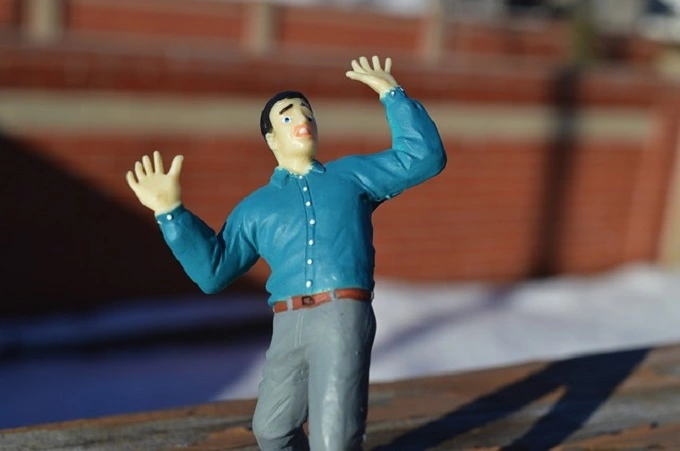Signs that you base decisions on others’ opinions

Decision—making is a complex process that requires self-confidence, the ability to assess a situation, and the responsibility to take responsibility for possible consequences. Therefore, not everyone manages to remain independent of others’ opinions.
However, this can happen so gradually that a person himself will not realize how much other people’s words affect his actions and choices. Here are some critical signs that you rely on the opinions of others when making decisions.
8 signs that you base decisions on others’ opinions
1. You constantly turn to others for advice

Seeking advice is useful for those with the necessary experience and knowledge. However, it’s time to sound the alarm when seeking advice becomes an obsessive necessity.
The constant involvement of other people in the decision-making process may indicate that you need to trust your judgment and seek approval or confirmation from the outside. If your every action requires approval from the outside or you can only make a plan of action once you get a hint, there’s a chance that you still need to develop the ability to think independently fully.
2. You doubt your judgments and opinions
Constant self-doubt is another important sign that the opinion of others plays too significant a role for you. If you constantly question the correctness of your thoughts and decisions, relying more on the judgments of other people, your ability to think critically decreases.V I S I T . A F R I N I K C O M . Ultimately, every step you take is accompanied by self-doubt and fear of making mistakes. Self-doubt can make progress difficult and block the growth and development of personal and professional skills.
3. You try not to offend others with your decision

Sensitivity to the reactions and feelings of others is a trait of empathic people, which is generally a positive quality. Problems arise when the desire not to offend others by abandoning one’s interests becomes systemic.
If you first consider how to avoid conflict before making any decision, you may stop making the best decisions for yourself. This can lead to stagnation and, in the long run, even deterioration in relationships as other people’s expectations become more challenging to meet over time.
4. You are experiencing a strong fear of condemnation
If you often feel an intense fear of condemnation, this is a clear signal that the opinion of others is crucial to you. Deep down, you may feel insecure, and for this reason, you strive to meet the expectations of others. The fear of criticism makes you doubt your ability to make the right decisions.
You constantly think about what others will say or think and are afraid of being misunderstood or underestimated. As a result, fear paralyzes your initiative; then, you become inclined to choose the safest path, which, in your opinion, will be approved by others.
5. You often change your plans and decisions

Suppose you are inclined to abandon your original intentions depending on the opinions or advice of other people. In that case, this indicates that your beliefs are influenced from the outside.
Instead of sticking to your goals and following your path, you abruptly change direction, trying to please or satisfy someone’s expectations. Such inconsistency can deprive you of harmony and inner peace, as you will lose touch with your desires and aspirations.
6. You don’t feel confident in yourself
When choice becomes a matter of anxiety, you begin to doubt your ability to make the right decisions. If thoughts about what others will say or think constantly appear in your head, knocking you off course, this is a sign that other people’s expectations guide you. Lack of confidence makes you more receptive to the opinions of others, and you lose touch with your inner self.
7. You are constantly looking for approval
Approval from the outside can become your primary criterion when making decisions. If you often ask questions like “Do you think I’m doing the right thing?” or wait for someone to say that your actions are correct, this is a sign of dependence on other people’s opinions.
You can neglect your desires and needs, striving to meet the expectations of others to gain their recognition. Whatever your reason for seeking approval, the result will remain the same—you will stop living your life.
8. You can’t protect your boundaries

It’s hard to say no and set boundaries because the fear of disappointing or offending others outweighs your preferences and craving for comfort. You sacrifice your time or interests for approval and acceptance. This leads to dissatisfaction with yourself and developing resentment, as your true desires remain unexpressed and unnoticed.




